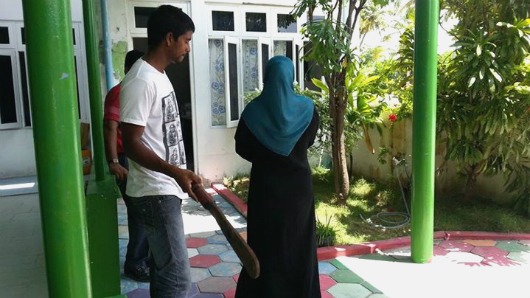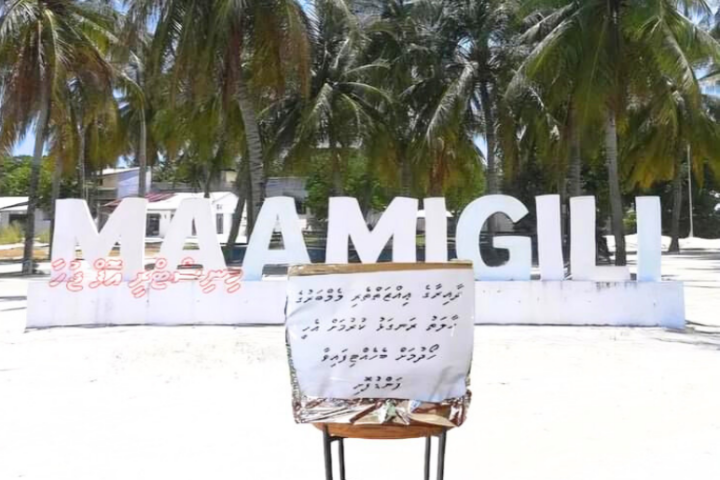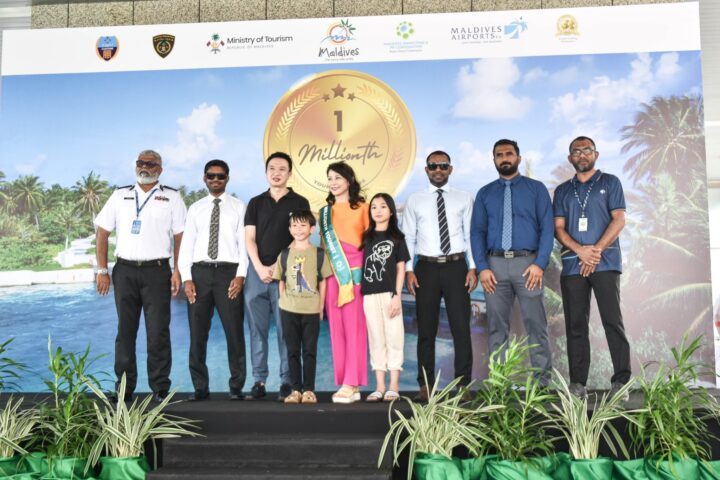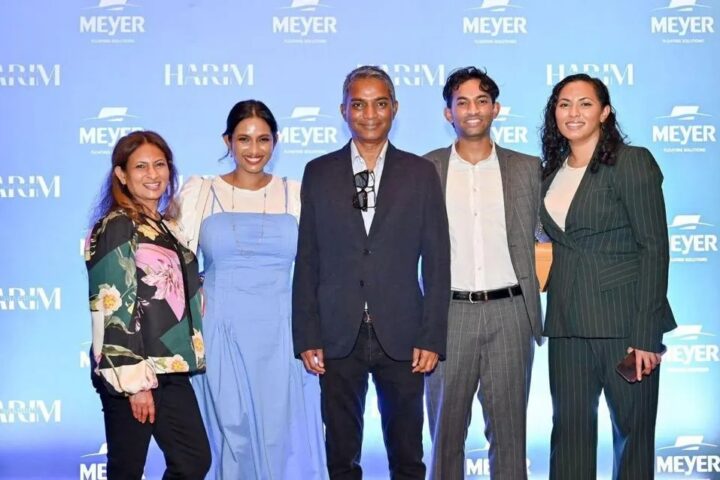In the bustling urban centers of Islamabad, the vibrant streets of New Delhi, and the busy streets of Male’ the intricate dance between democracy and social media reverberates with stark contrasts. The ranks in media freedom of Pakistan, India, and the Maldives serve as poignant markers in the narrative of media freedom in South Asia, each shaping the region’s trajectory in its own distinctive manner.
In India, the arrest of the social media chief of the main opposition party shines a glaring light on the pervasive manipulation of digital platforms for political agendas. This incident lays bare the daunting task of regulating social media in a democratic landscape, where the dissemination of misinformation threatens to corrode the very fabric of trust in democratic institutions.
With India languishing at a dismal 159th out of 180 countries on the World Press Freedom Index, the urgency of addressing ongoing concerns about media freedom looms large over the nation’s democratic ethos.
Meanwhile, in Pakistan, the establishment of a new cybercrime authority triggers alarm bells, signaling a potential encroachment on individual liberties and the suppression of dissent. Critics sound a clarion call against the looming specter of government overreach, highlighting the delicate equilibrium between national security imperatives and the sacrosanct right to freedom of expression.
Ranked at a disconcerting 152nd on the World Press Freedom Index, Pakistan grapples with formidable obstacles to media freedom, posing profound challenges to the nation’s democratic aspirations.
In the Maldives, the fusion of journalism and politics presents a unique conundrum. Reports of government offers of political positions to journalists and editors cast a shadow over the independence and integrity of the nation’s media landscape.
Although the Maldives grapples with a nuanced media environment, devoid of a specific cyber patrolling authority, concerns about political interference underscore the imperative of safeguarding media freedom.
With the Maldives slipping to a concerning 106th on the World Press Freedom Index, from a previous classification of nations where journalism is “Satisfactory” to those where it’s “Difficult,” the nation faces a pivotal moment in its democratic journey.
Across South Asia, the confluence of technology, governance, and individual rights underscores a multifaceted tapestry of media status. As governments navigate the intricate terrain of regulating digital platforms and confronting challenges to media freedom, the future of democracy in the region hangs precariously in the balance.
Recent statistics from the Information Commissioner’s Office reveal a concerning trend: out of the 149 cases filed with the commission from this year to April, a staggering 31 were directed against the President’s Office. Many of these cases center around issues of non-disclosure and confidentiality.
As the Right to Information Act commemorates its 10th anniversary this year, the actions of the President’s Office in the past five months have raised significant red flags. Their policy stance directly challenges the essence of the RTI Act, casting a shadow over its fundamental principles.
It is incumbent upon all stakeholders to fervently champion a media environment rooted in transparency, accountability, and unwavering commitment to the foundational principles of freedom of expression.













